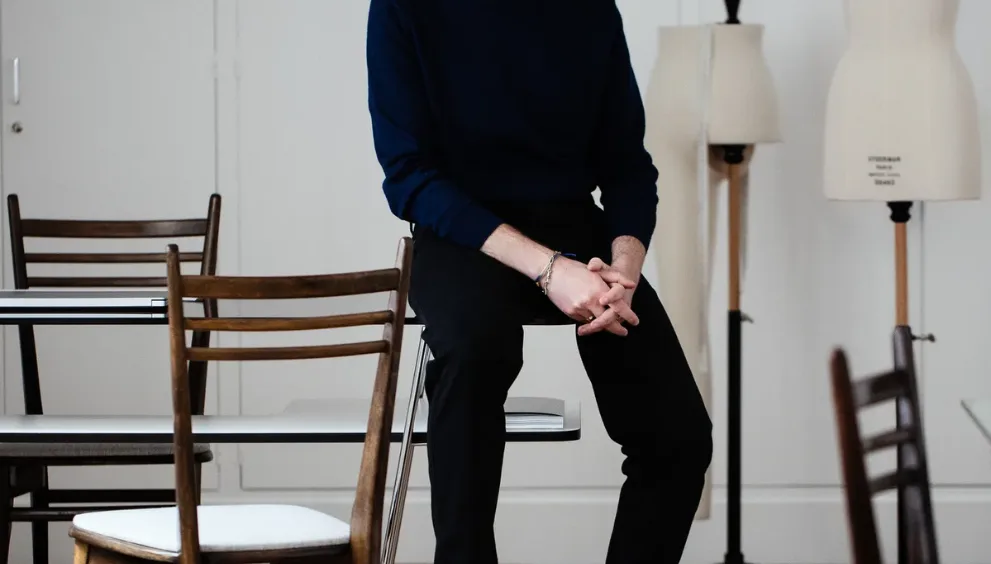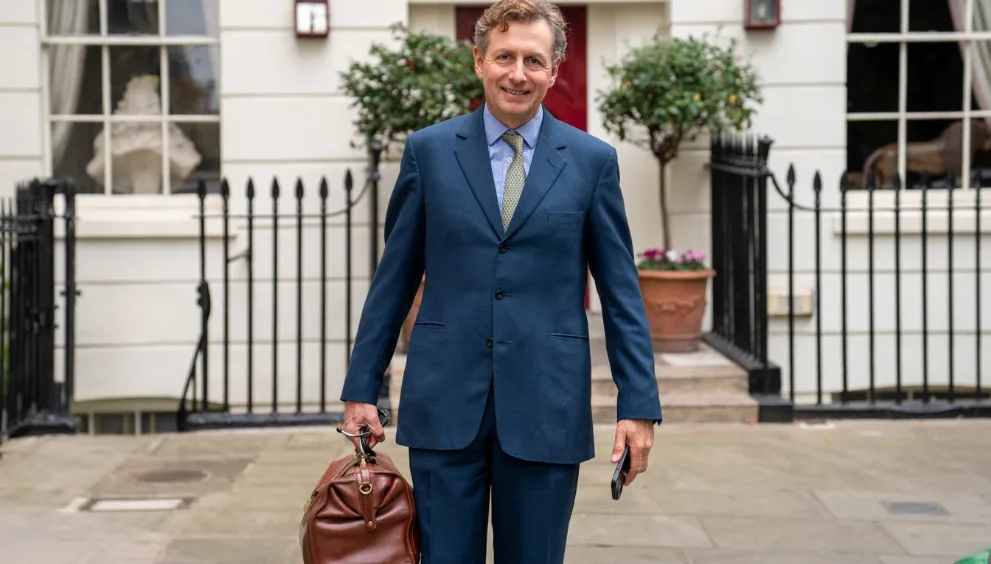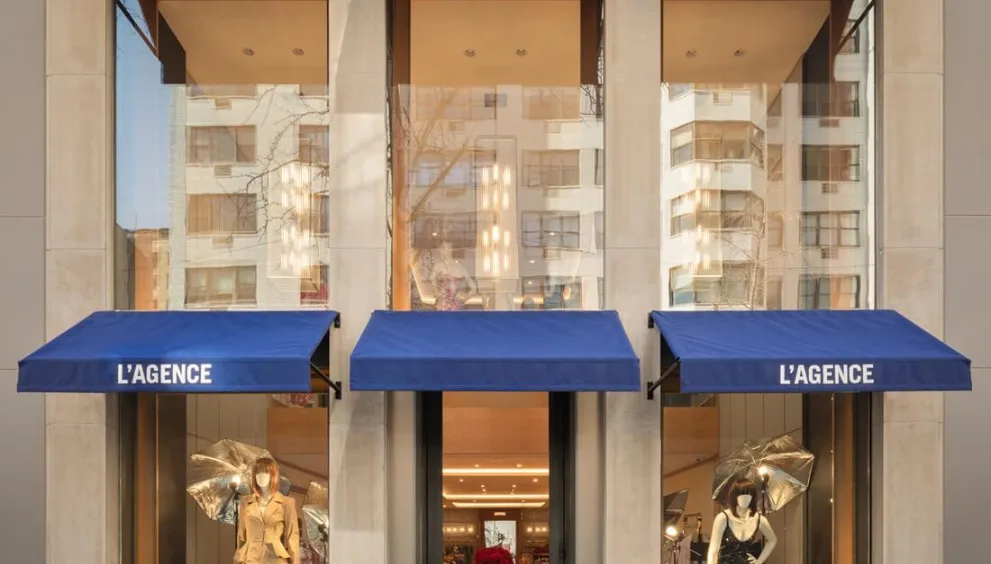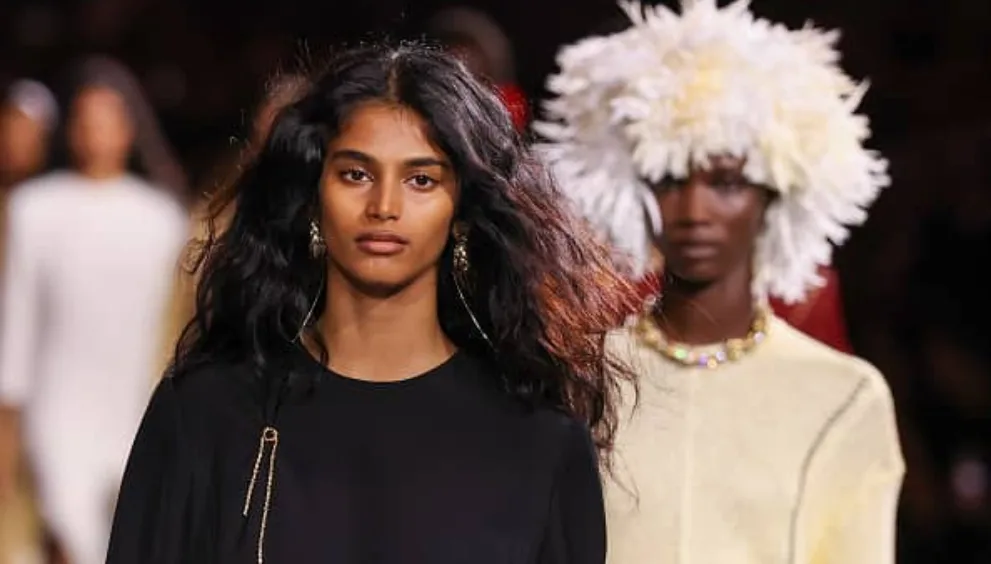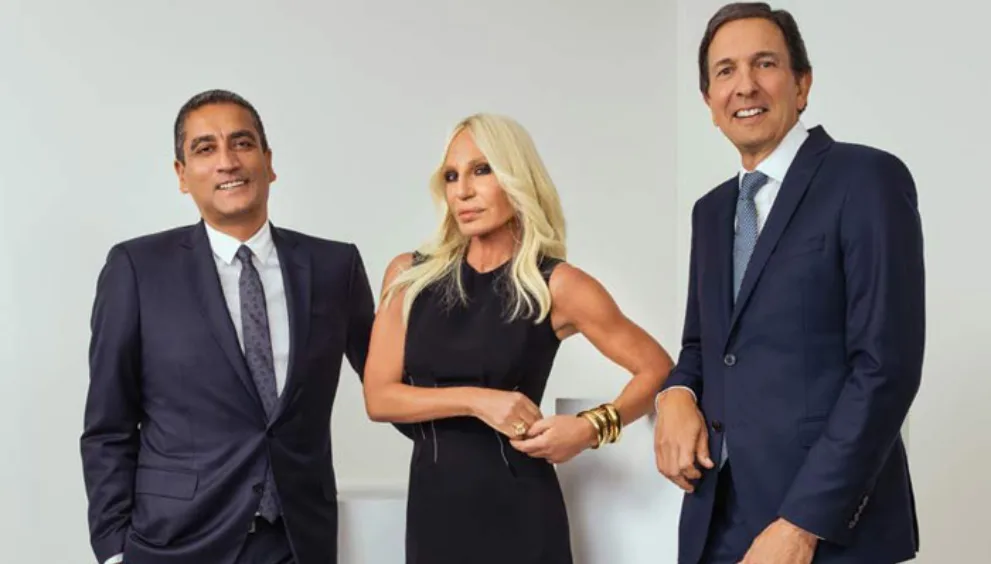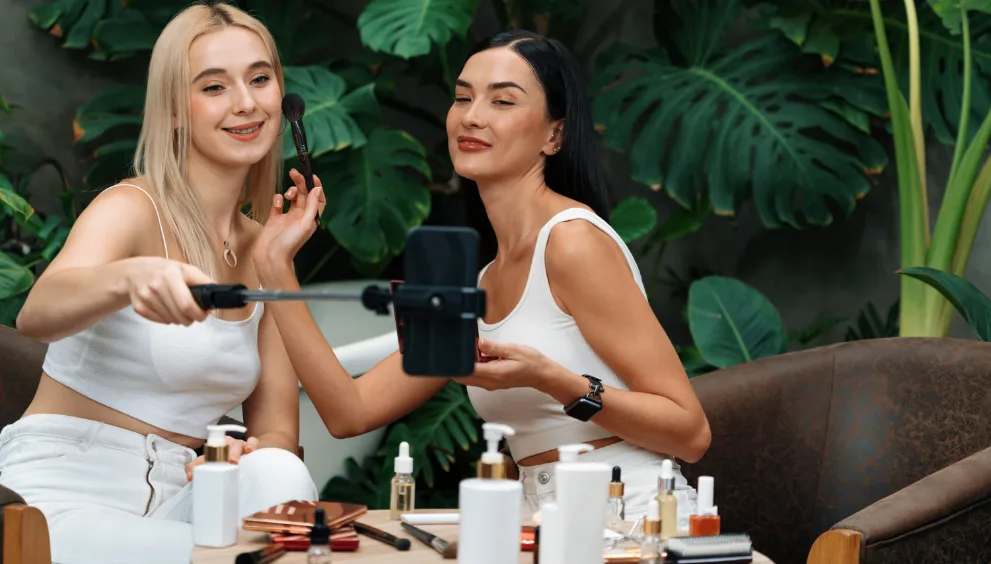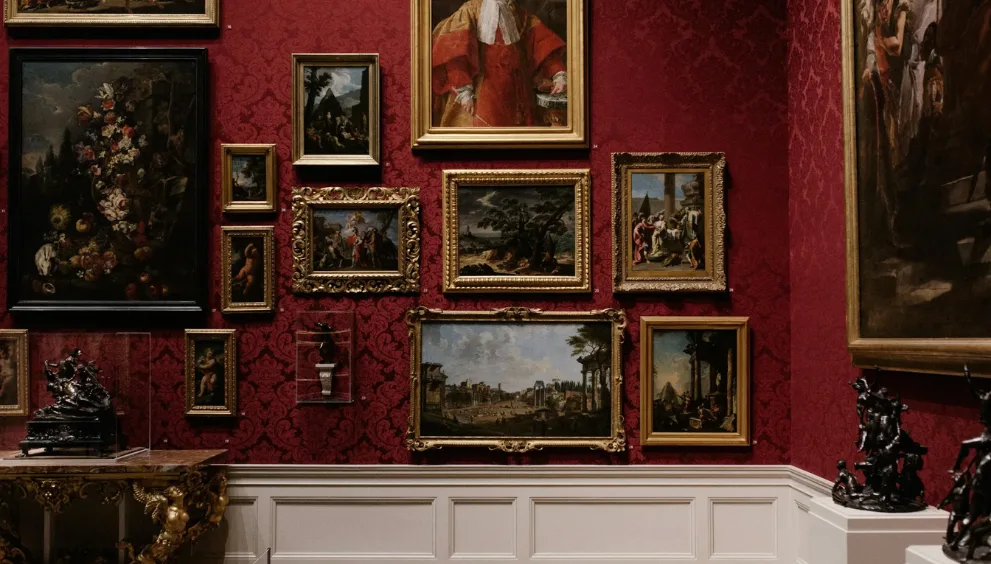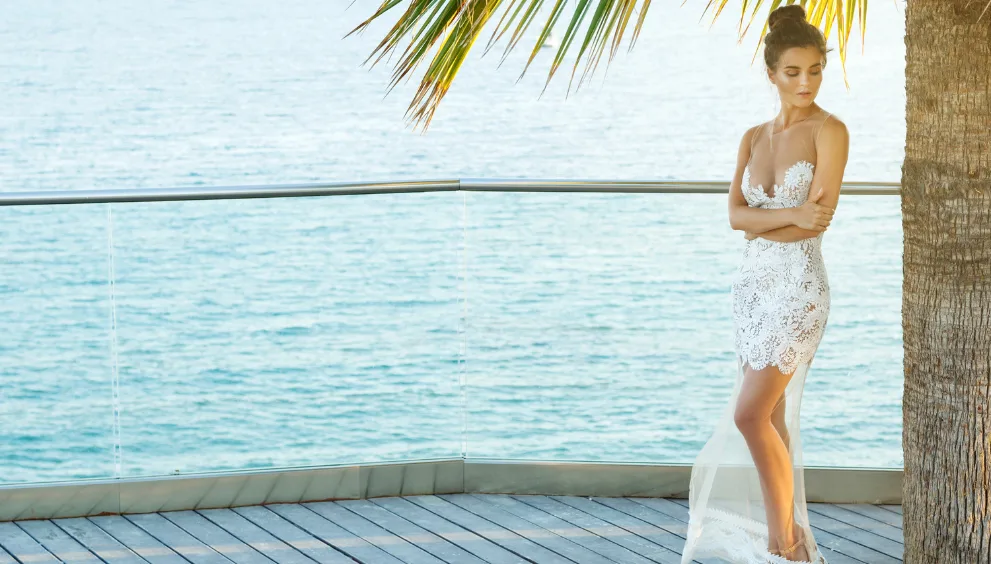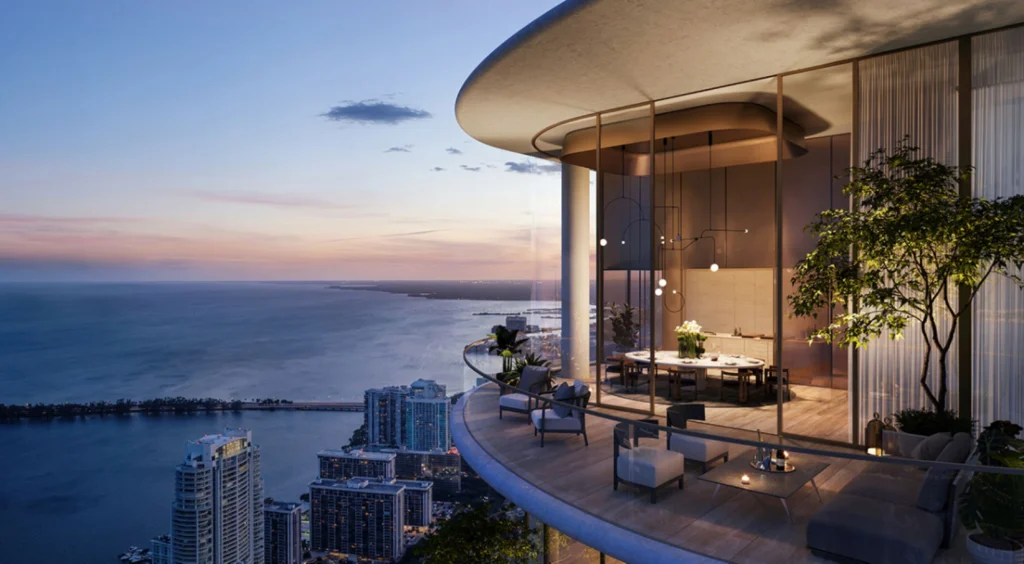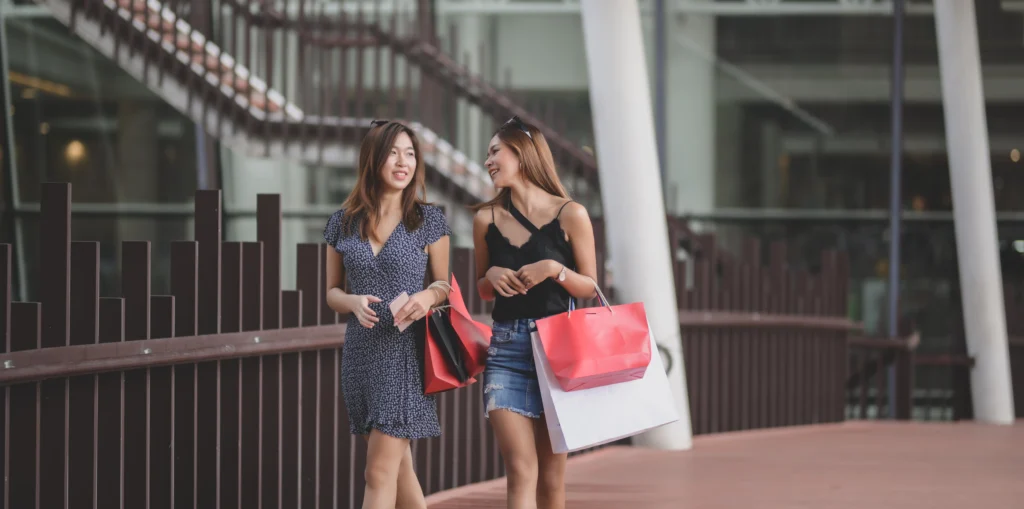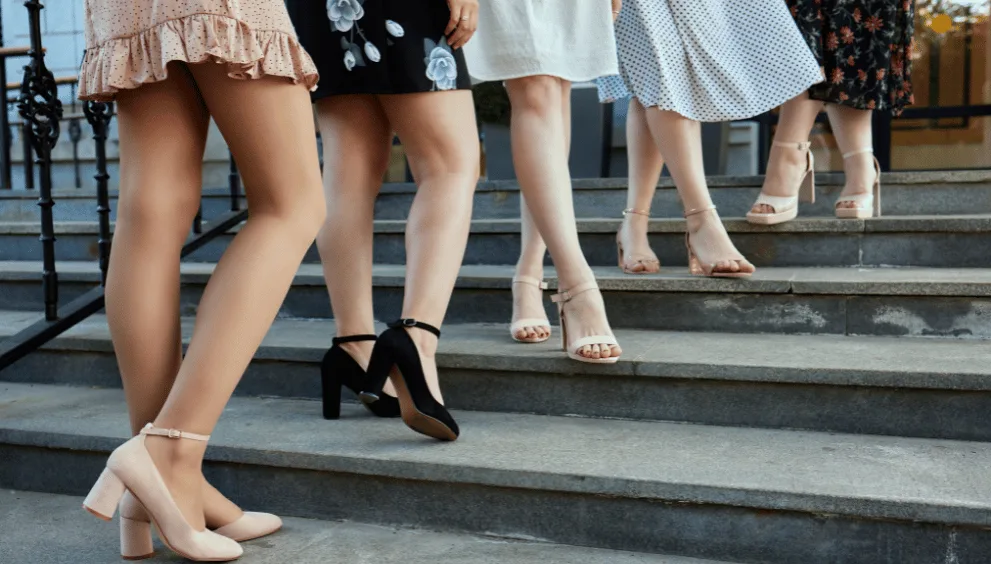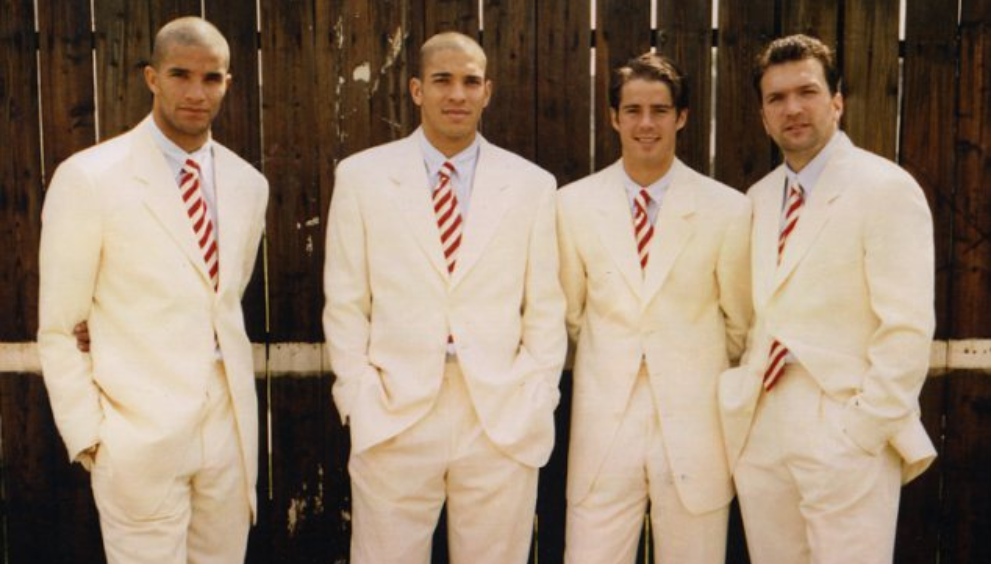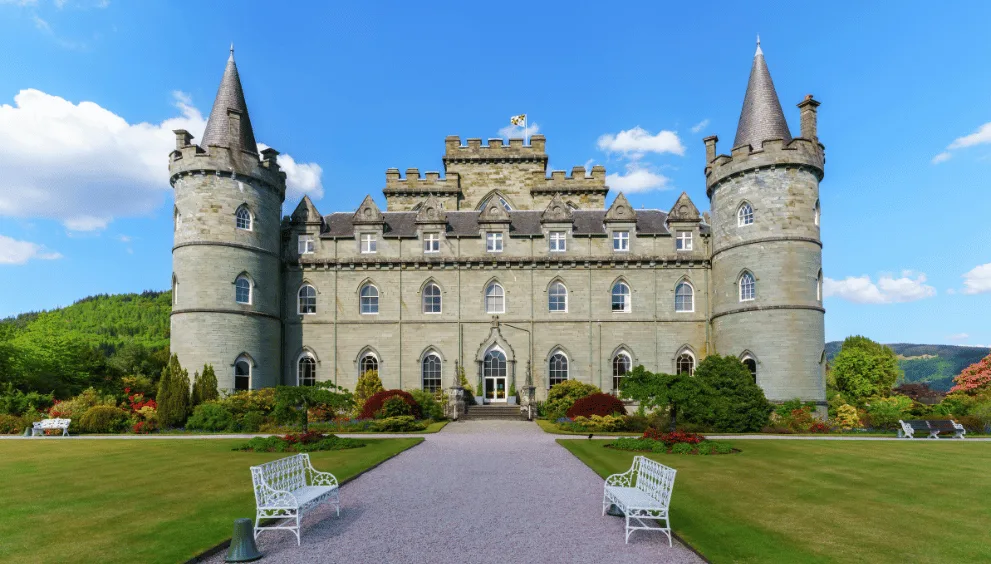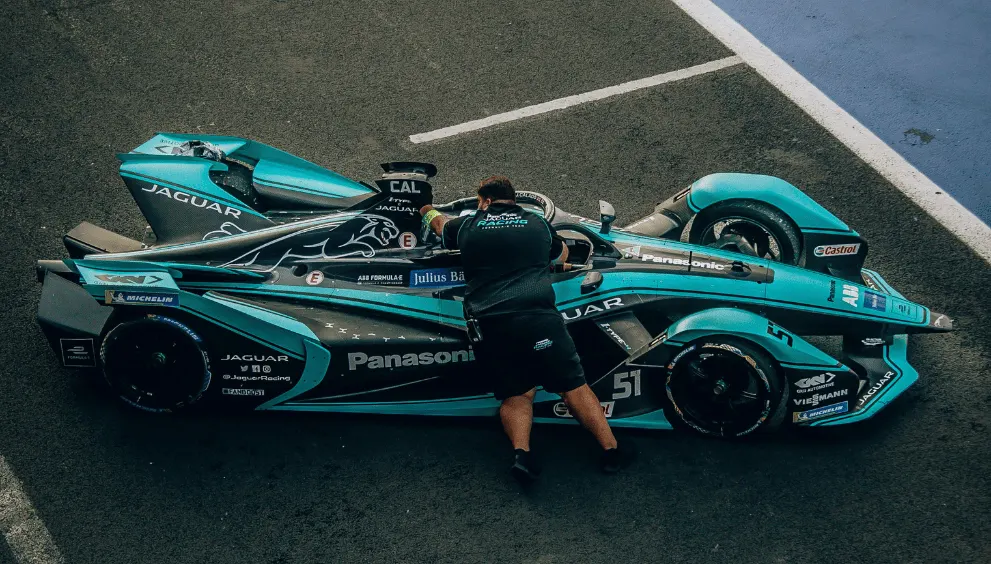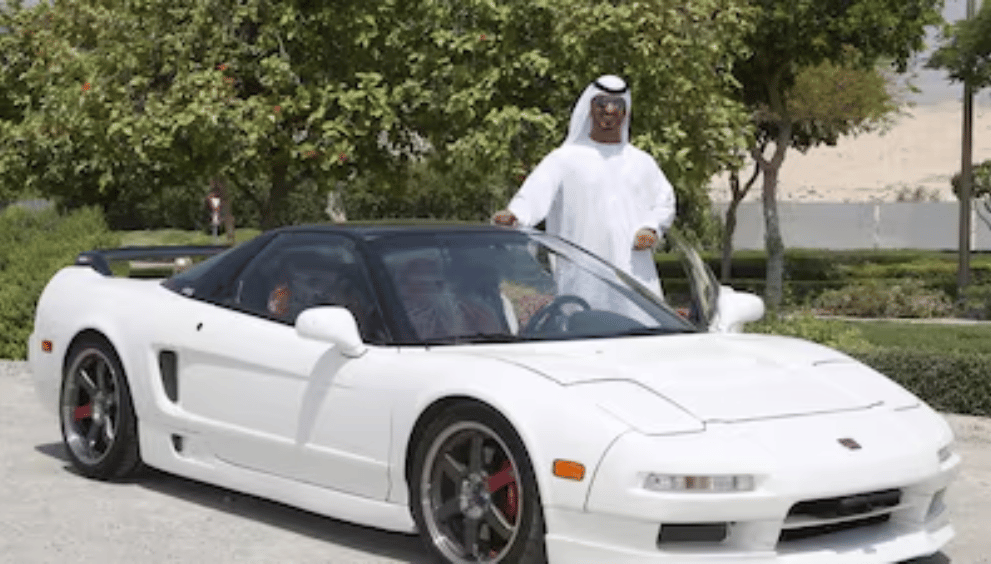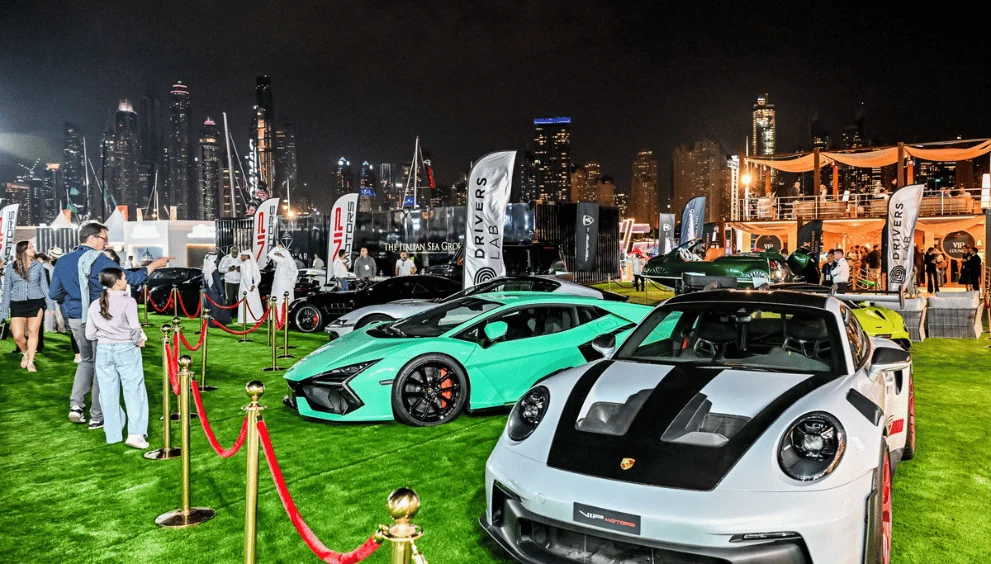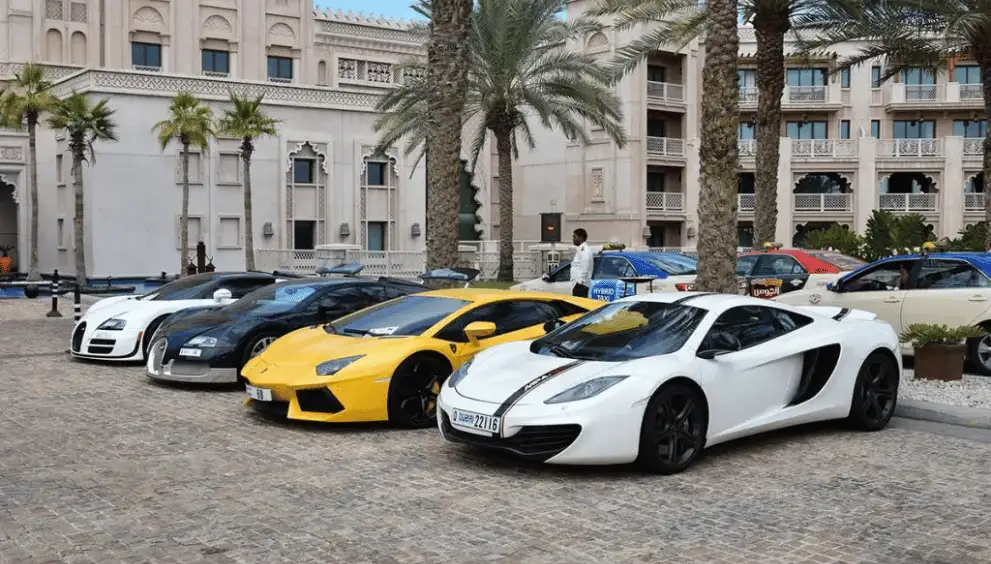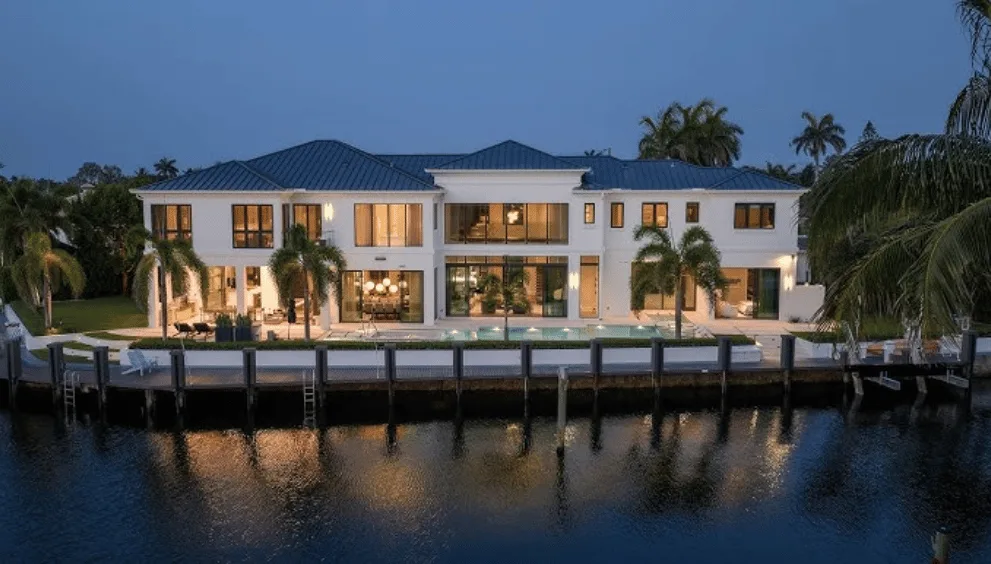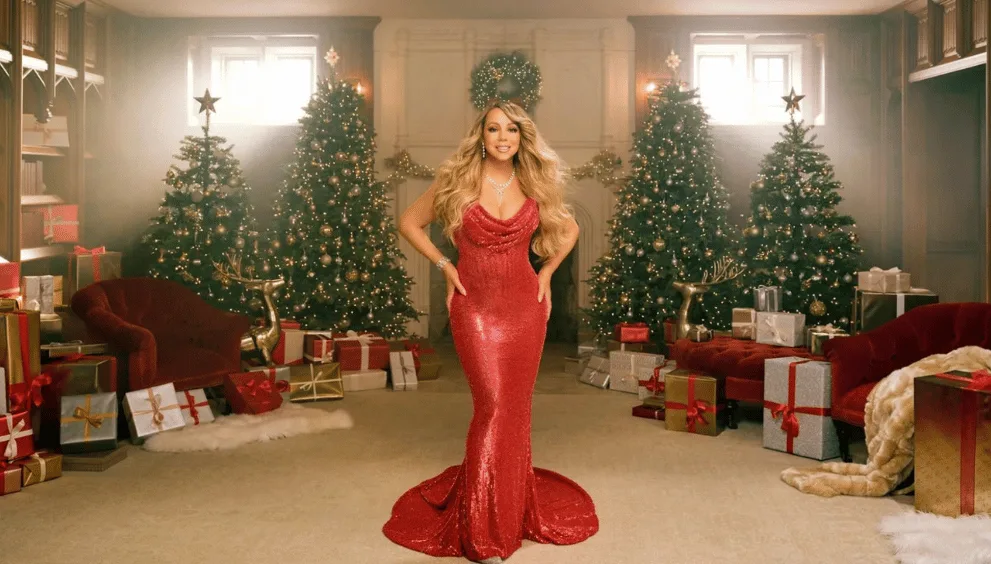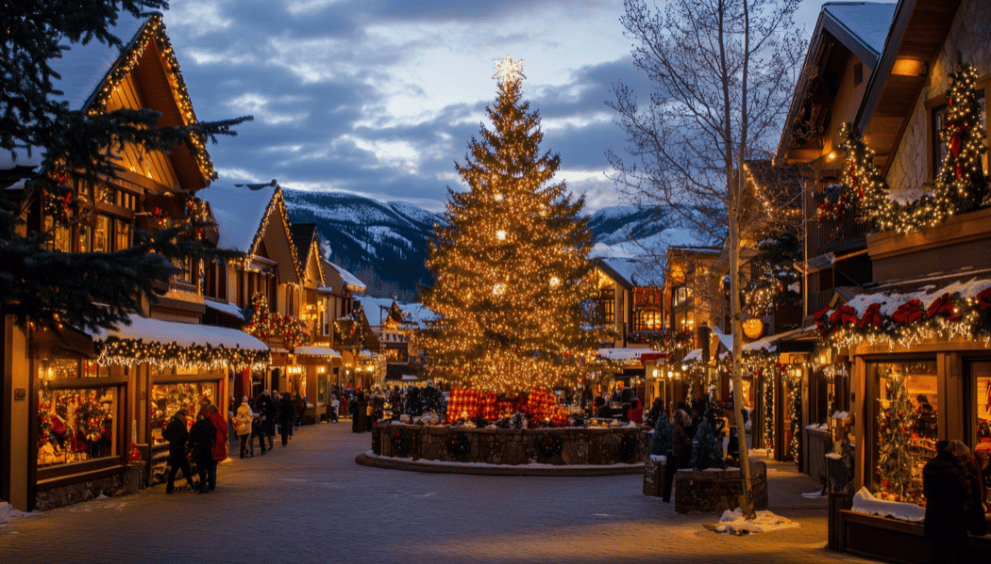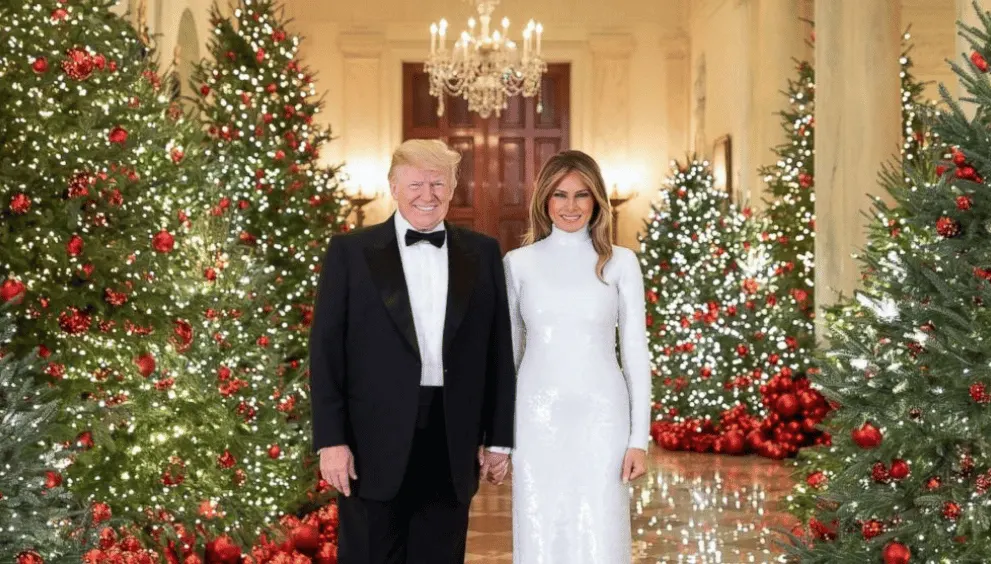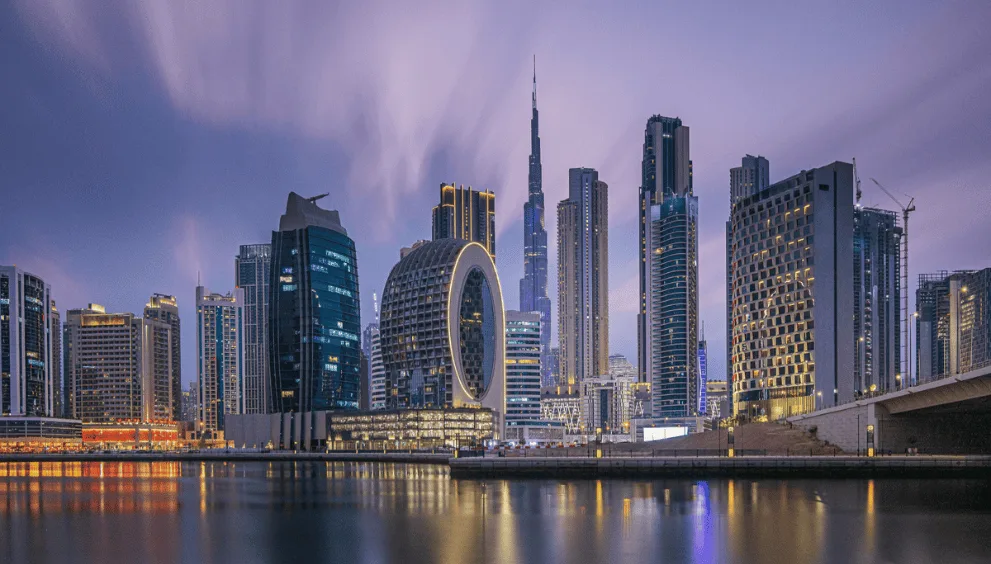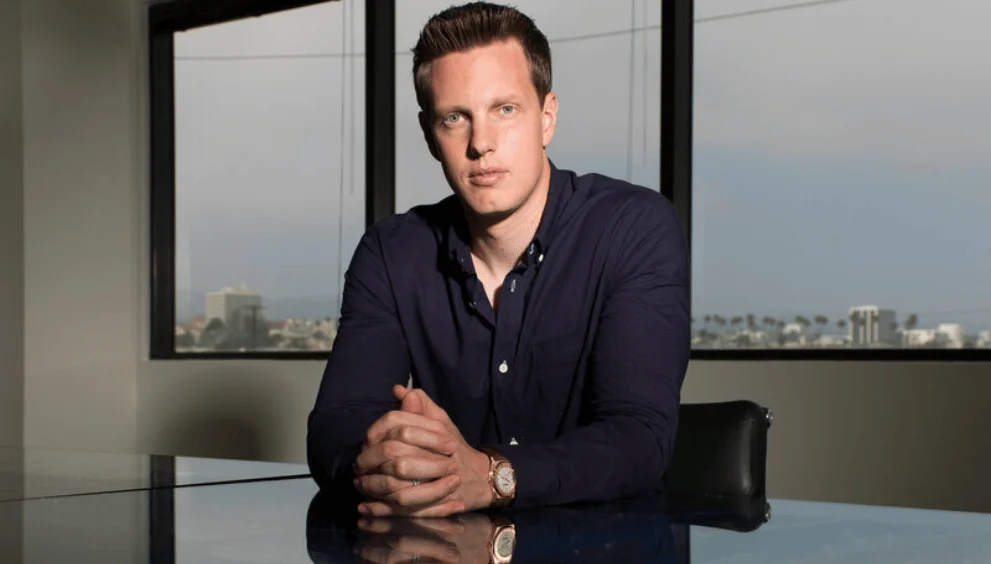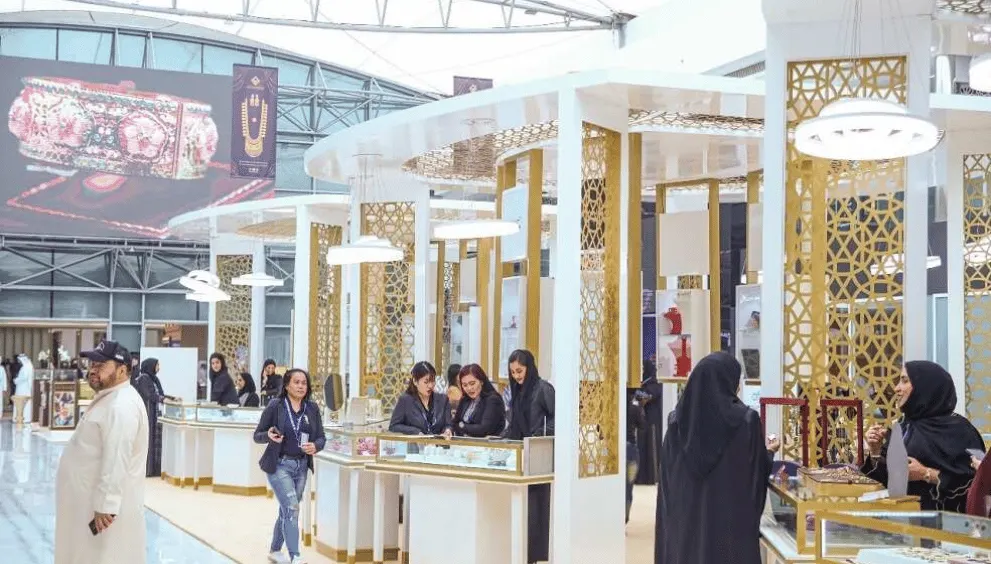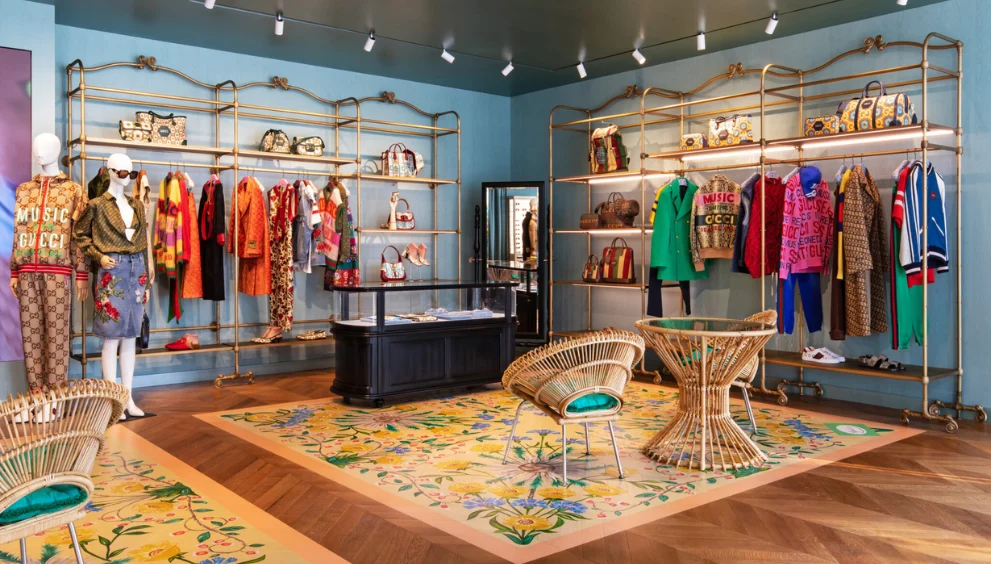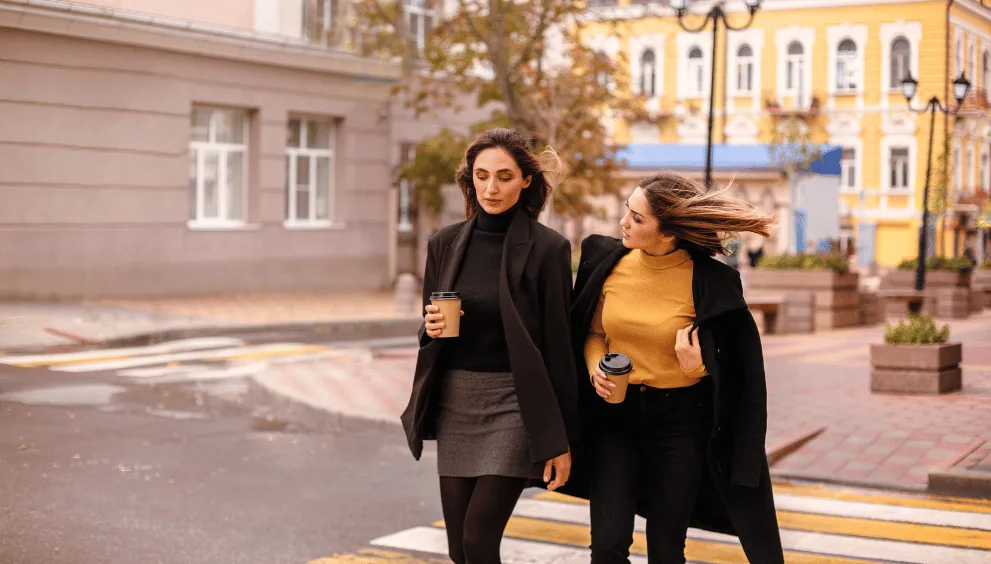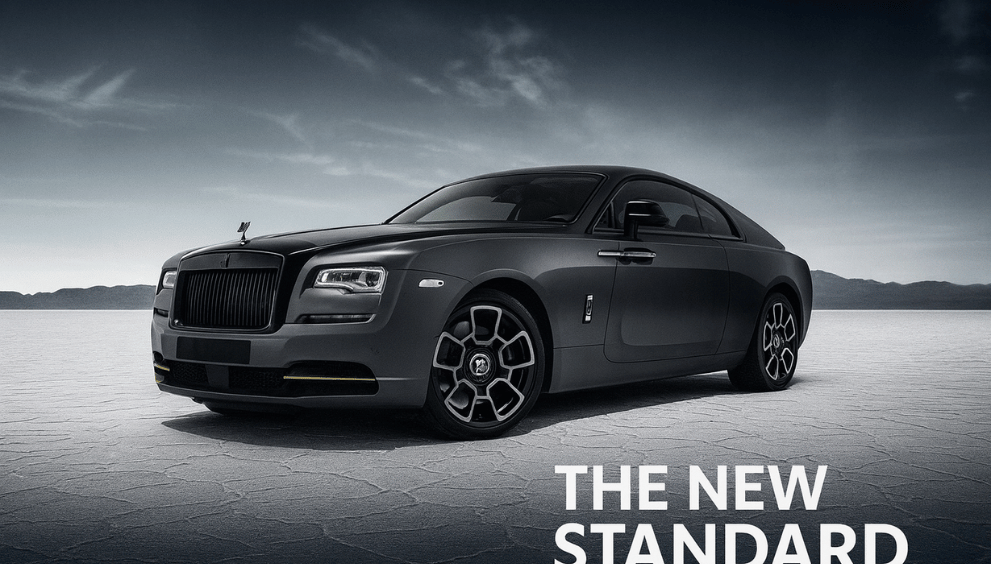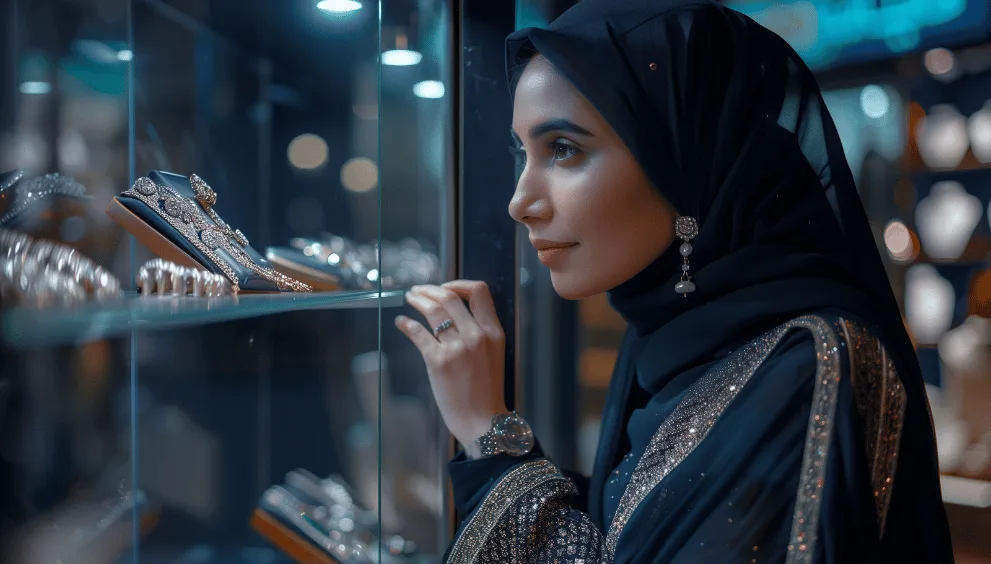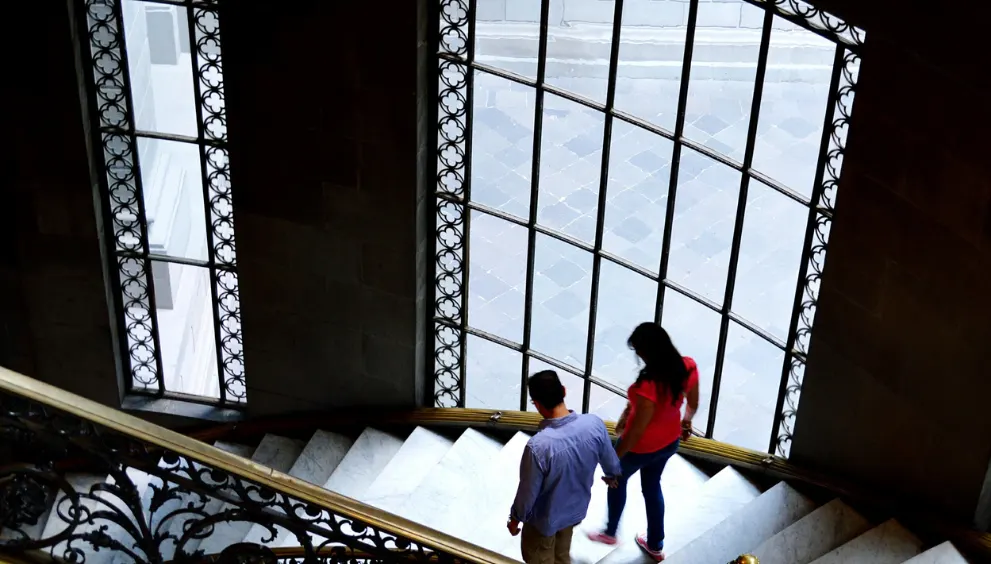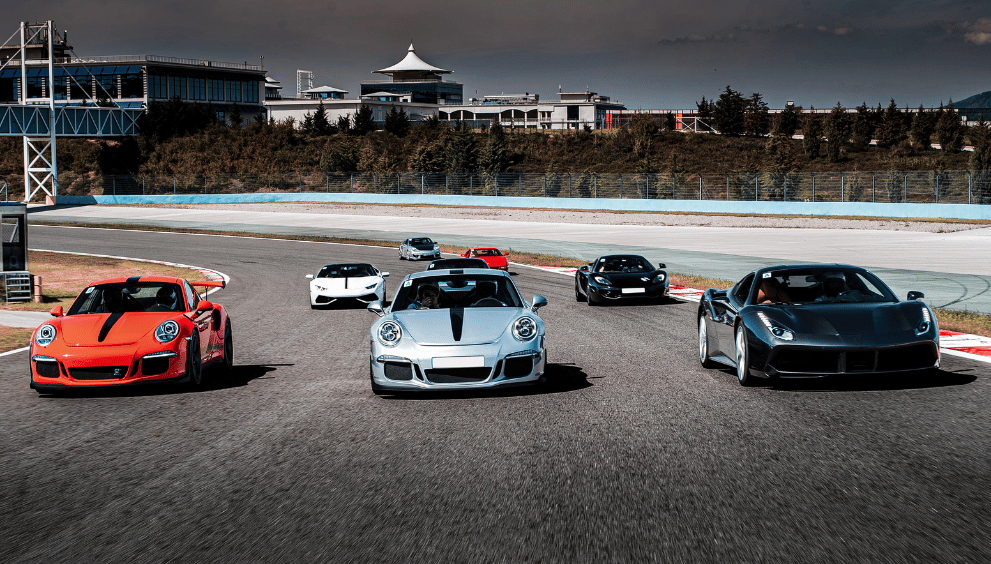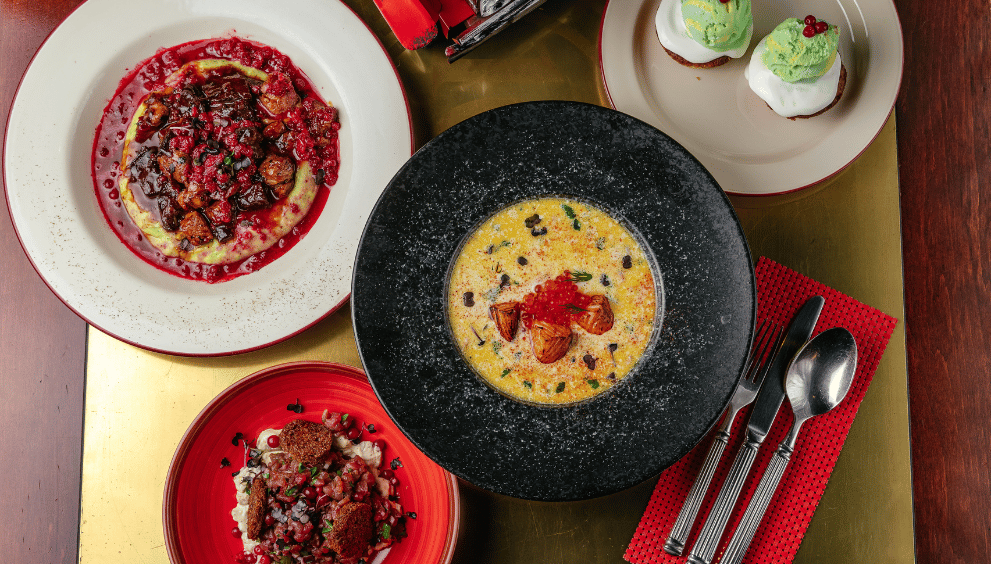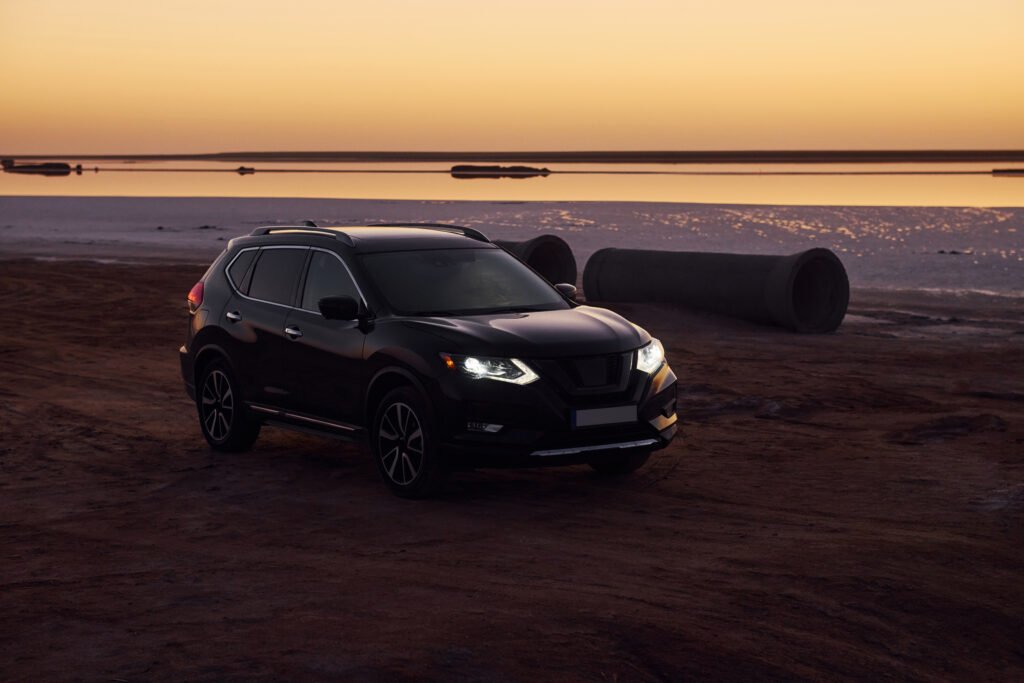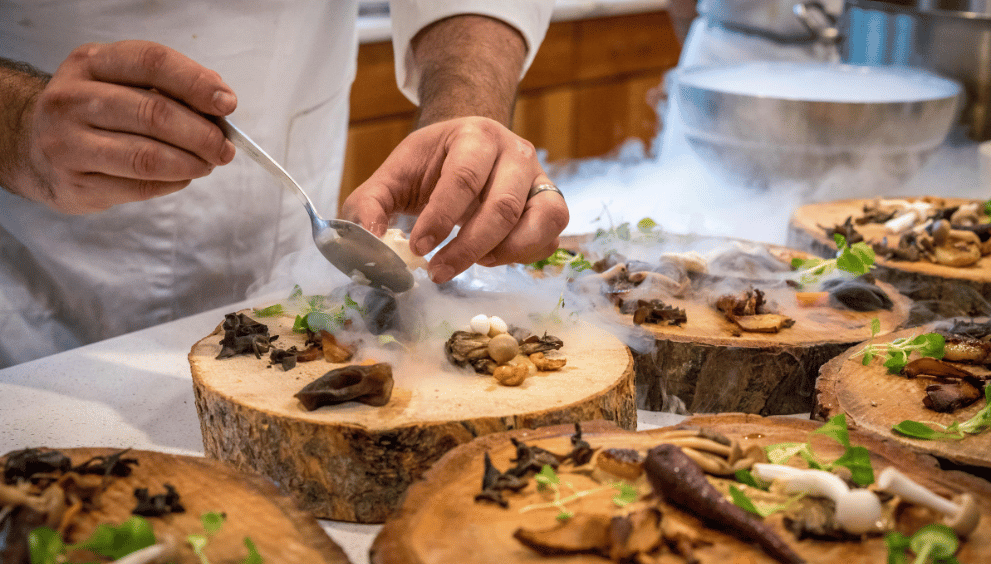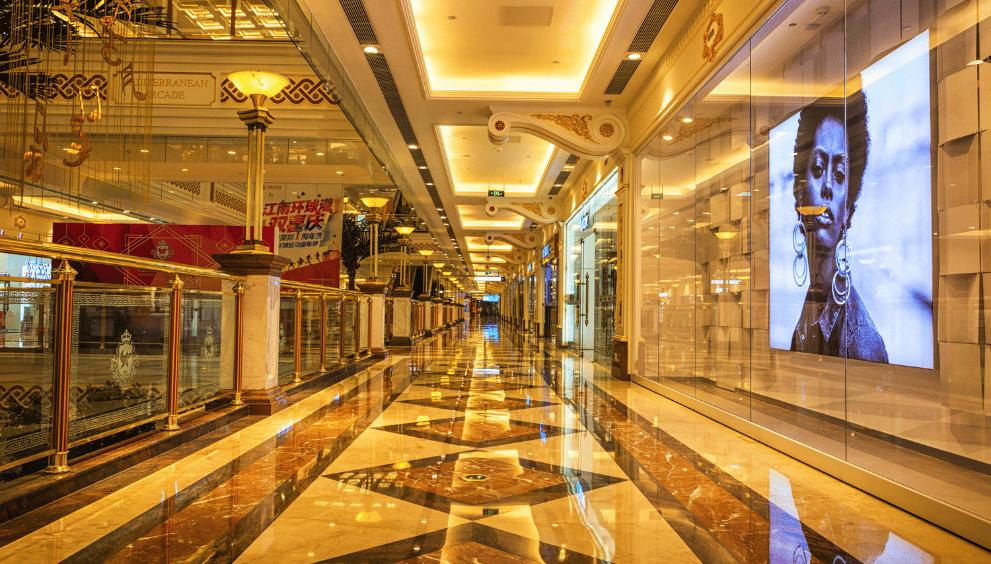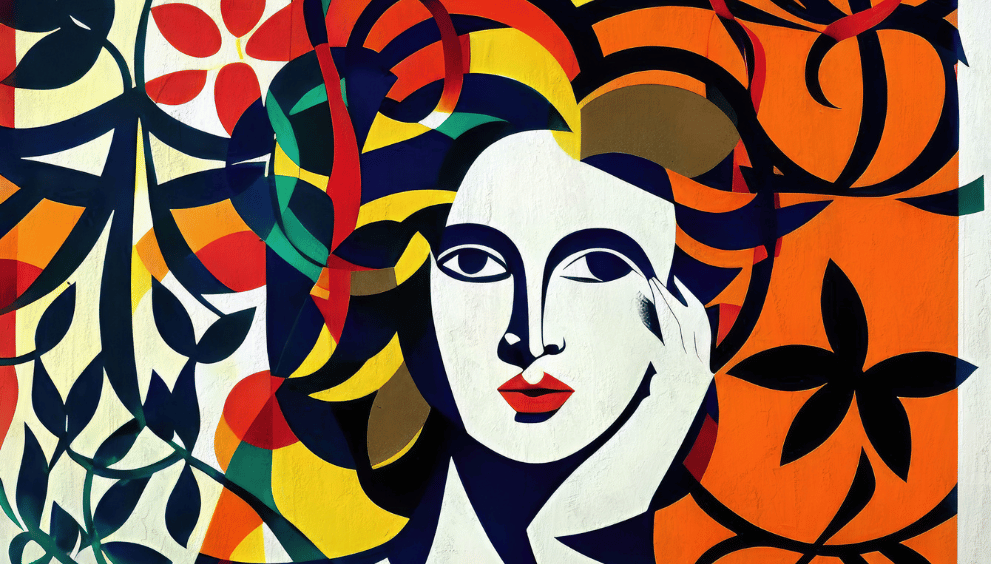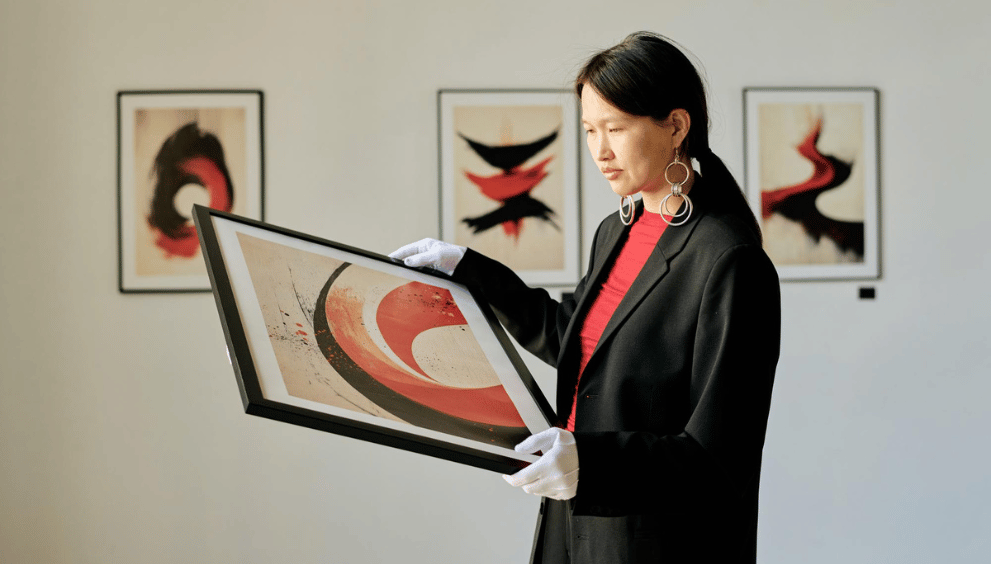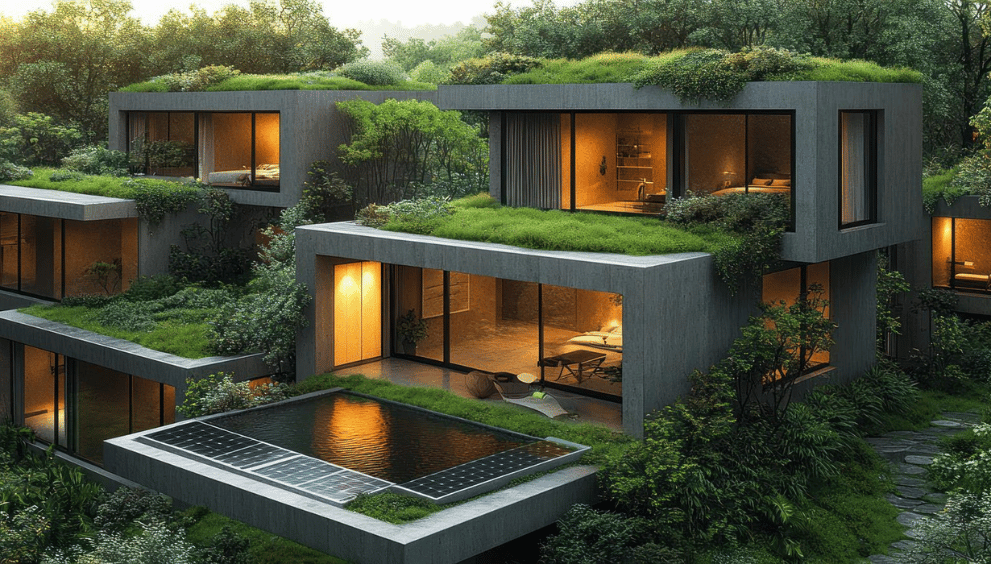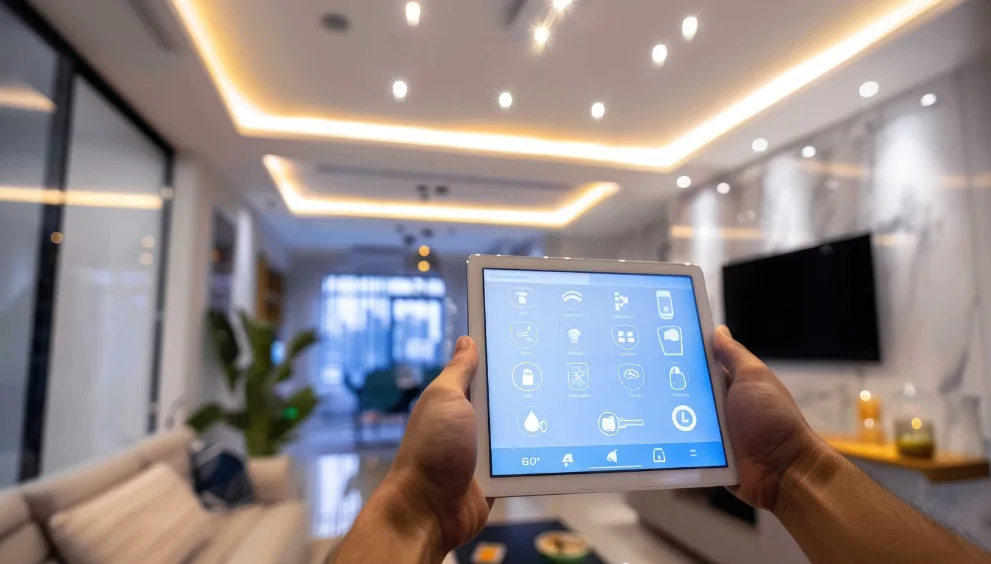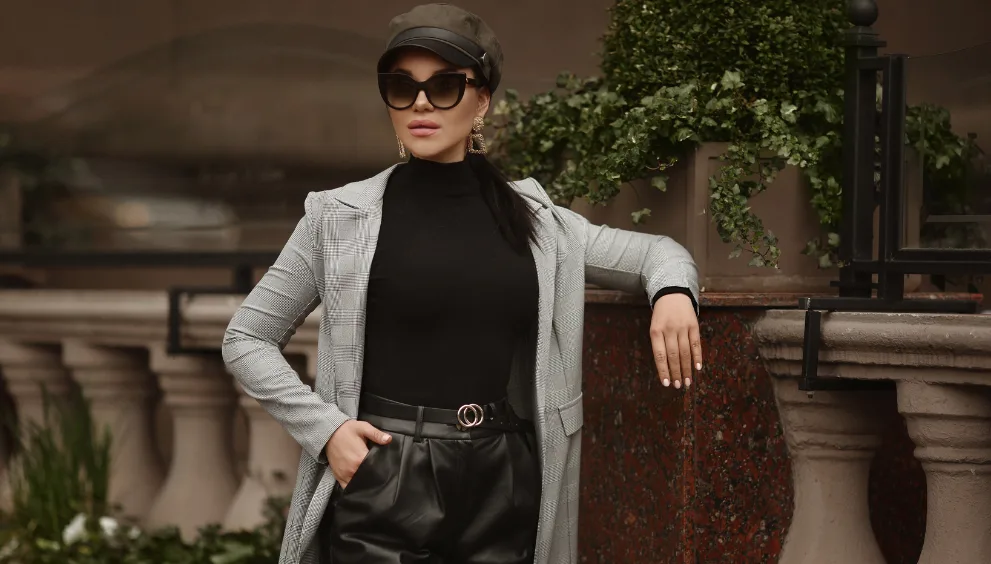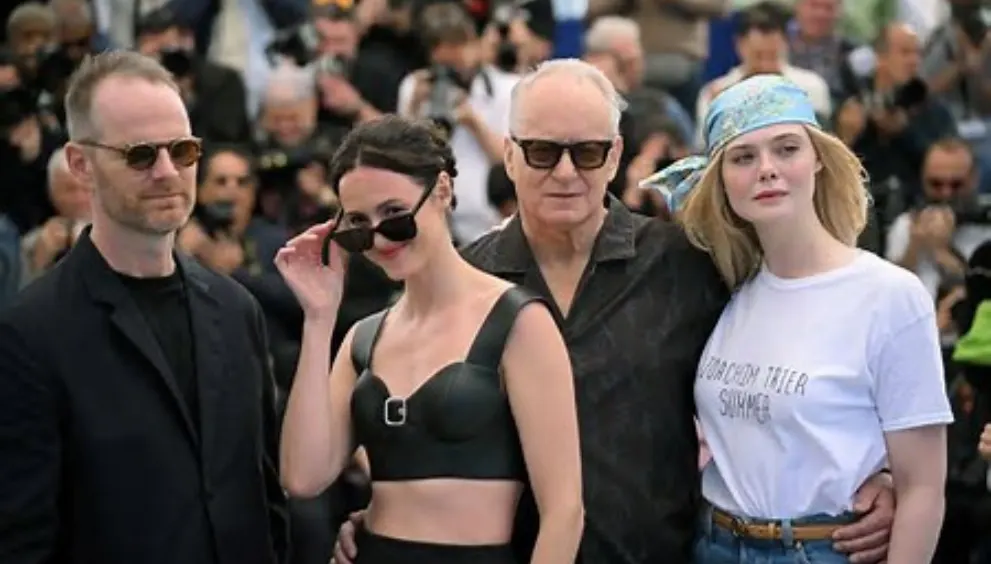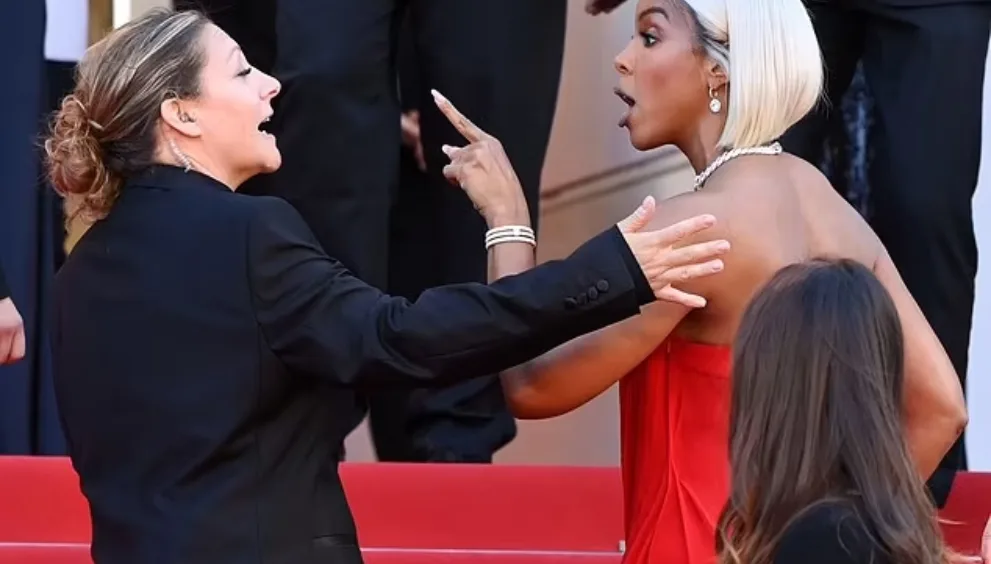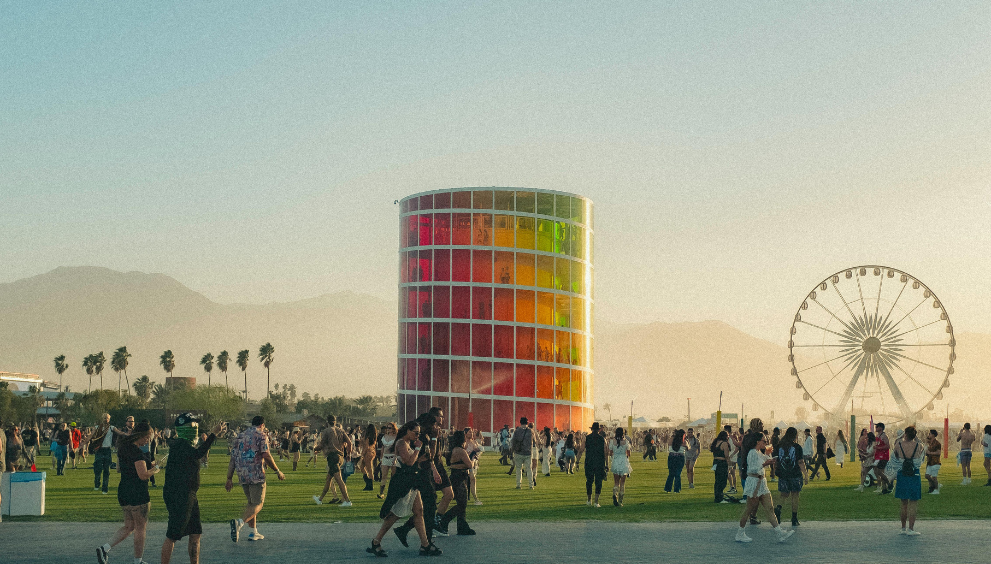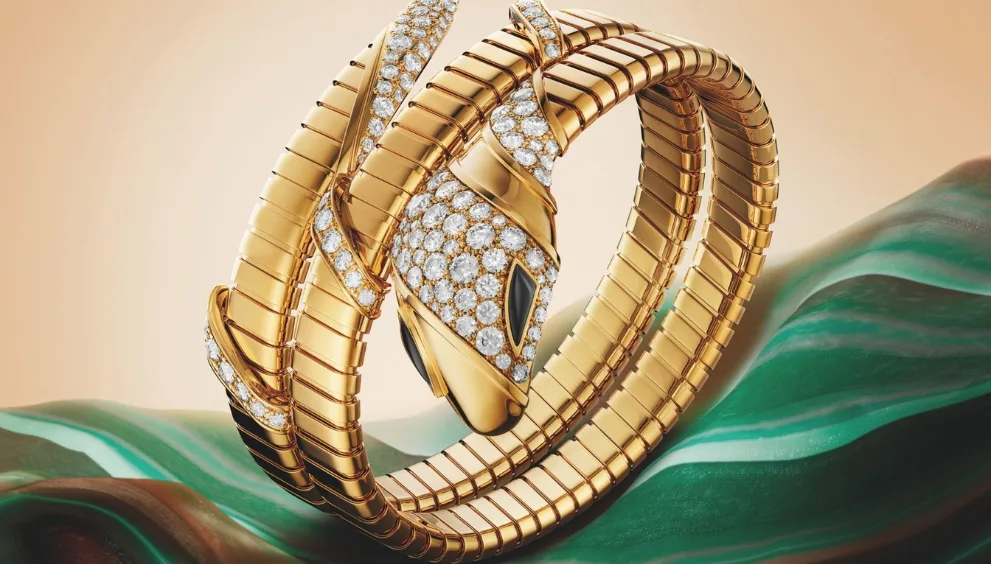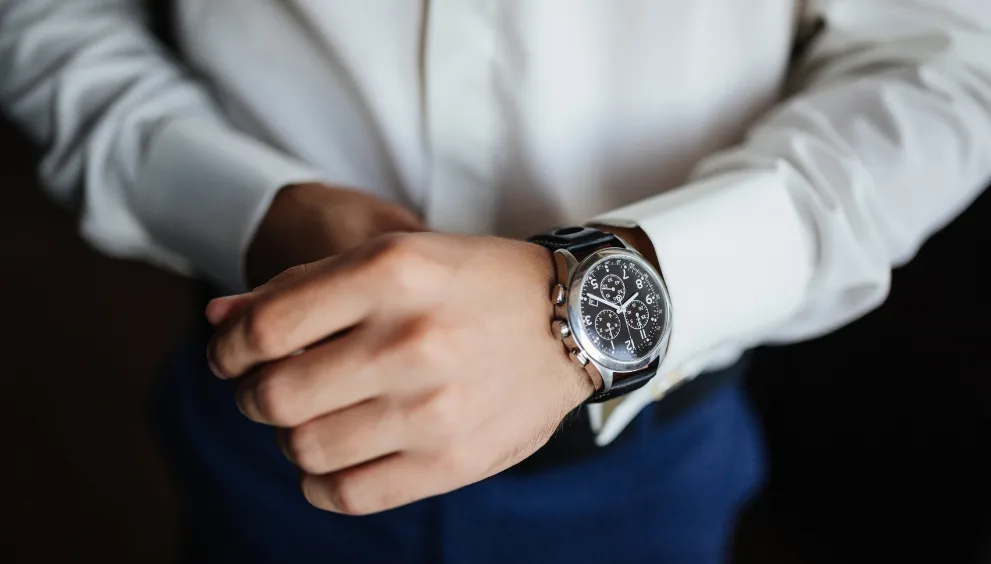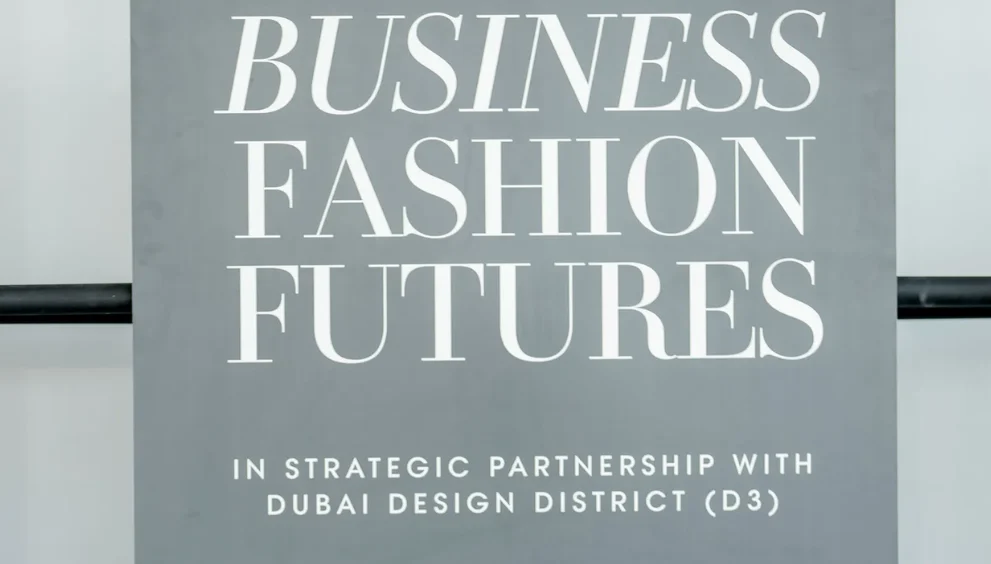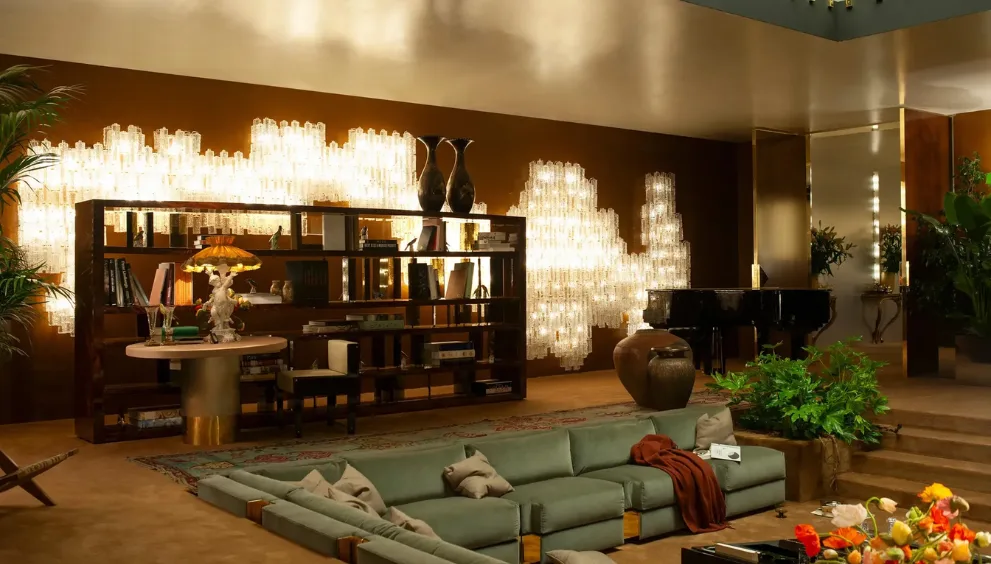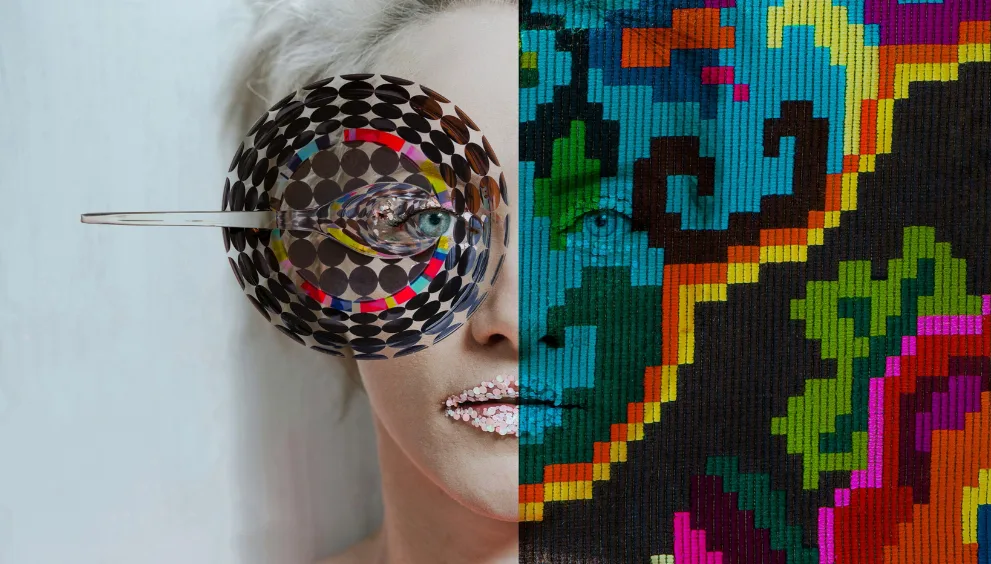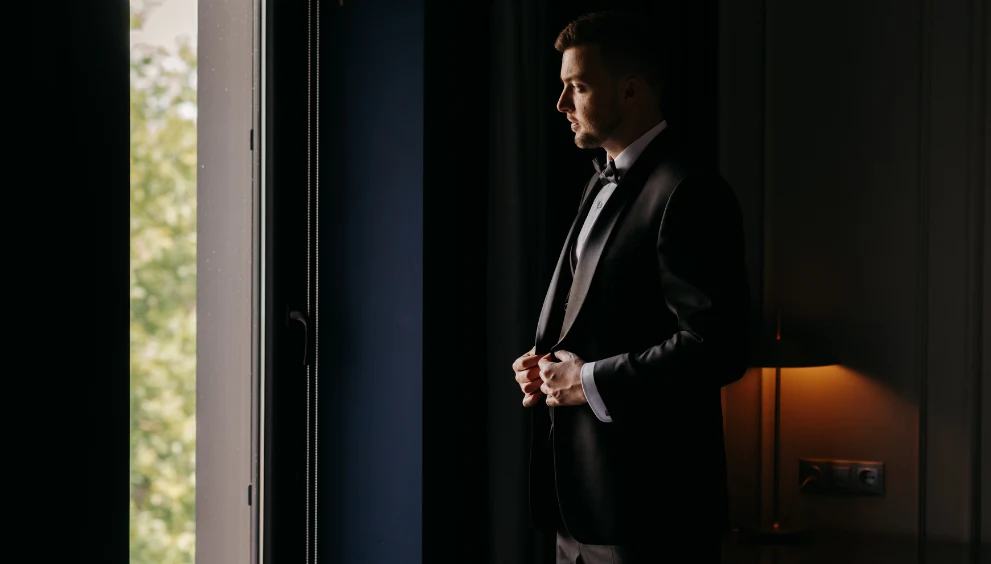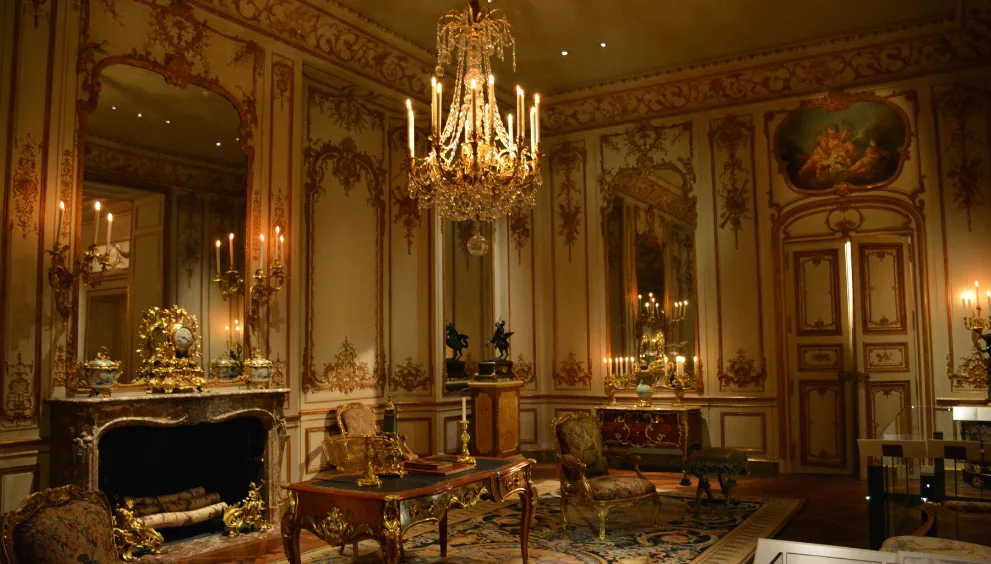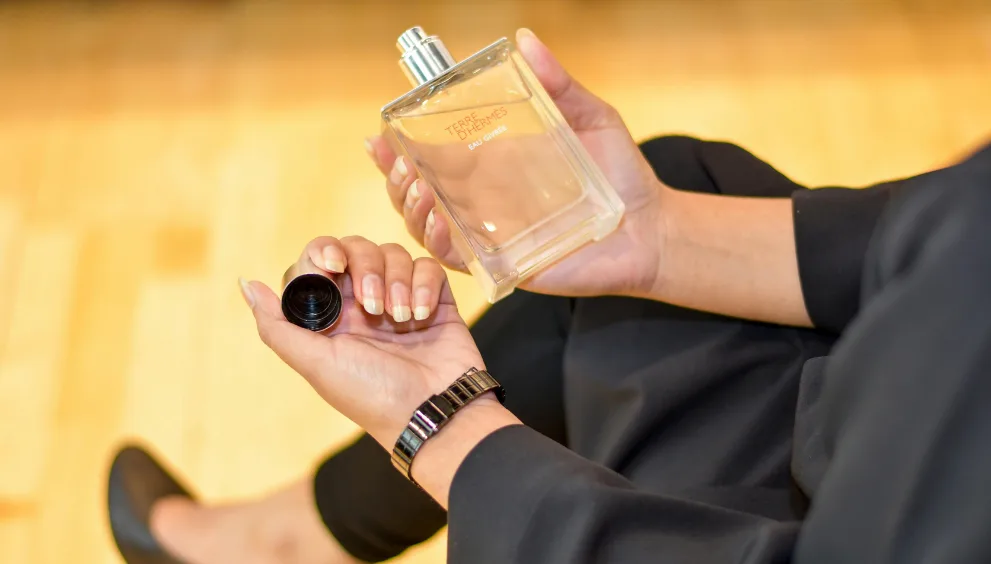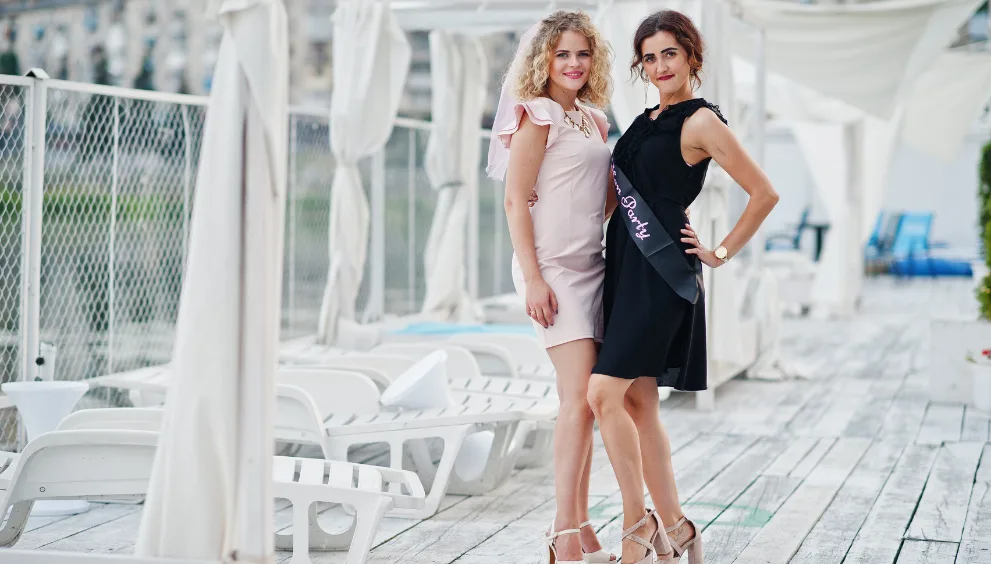From Oud to Obsession: Why the Middle East Is Shaping Global Perfume Trends
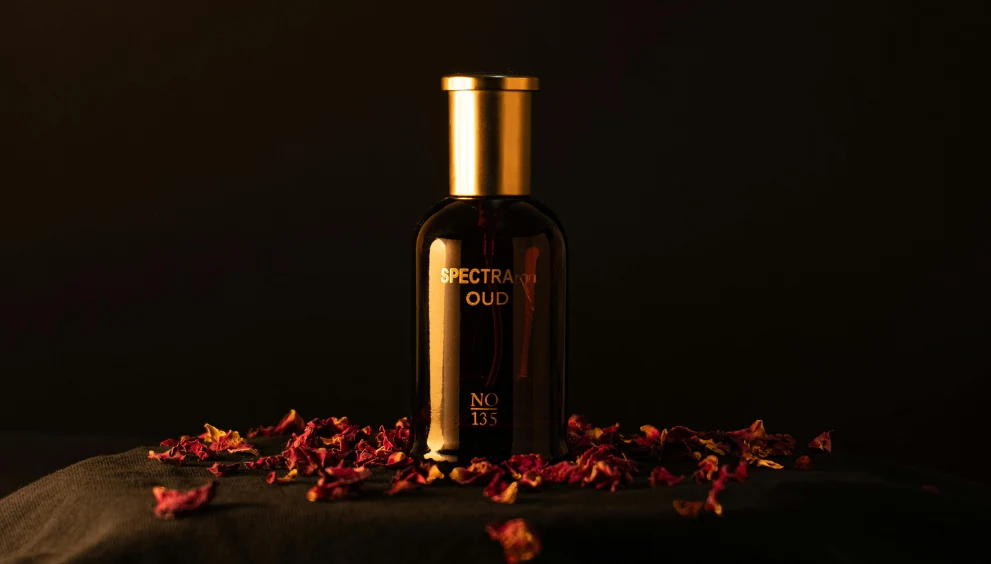
Hello folks!
So you know how perfume used to be all about those light florals, fresh citrusy vibes, or that super clean “just-showered” smell? Well, that’s kind of changing now – big time. These days, the perfume world is obsessed with bold, intense, long-lasting scents–and we have the Middle East to thank for it.
Let’s talk about why that shift is happening and why people can’t stop talking about Arabian perfumes – oud, musk, and everything in between.
First Off – What Even Is Oud?
If you’ve been hearing the word “oud” thrown around but haven’t quite figured out what the hype is, this might help: Oud (sometimes called agarwood) is this insanely rich, deep, slightly smoky scent that’s been used in Arabian perfumes for centuries. It comes from the wood of a specific tree that gets infected with a type of mold (sounds weird, but trust me, it smells like luxury). It’s often called “liquid gold” – and not just because it’s expensive.
Middle Eastern cultures have been using oud forever – for religious ceremonies, personal scent, even as part of hospitality rituals. Now, big global brands like Tom Ford, Dior, and Armani are all making their own oud-based perfumes. You’ve probably seen or smelled something like “Oud Wood” or “Oud Ispahan” – they’re everywhere now.
It’s More Than Just A Scent
The coolest thing is that, in the Middle East, perfume isn’t just about smelling nice before heading out. It’s a whole vibe. There’s a ritual to it. People layer different scents – like oils, sprays, and even incense (bakhoor) – to create something totally unique. It’s deeply personal and honestly, kind of beautiful.
Perfume there isn’t an afterthought; it’s a form of self-expression. And maybe that’s why Arabian perfumes feel so special. It’s not just about the smell, it’s also about your individuality that your favourite perfume exudes. Fun fact: research shows we’re instinctively drawn to each other’s scents during first impressions.
So, What Changed?
Let’s be real – people are bored of generic, mass-market fragrances. The same old “one-size-fits-all” kind of scent isn’t cutting it anymore. Now, everyone wants something unique, something that lasts, and something that makes them stand out. Middle Eastern perfumes totally deliver on that.
Also, the region’s luxury game is on another level. People there know their perfumes. They’re super picky about quality and longevity, and brands are catching on. That’s why you’re now seeing more Western and Middle Eastern brands teaming up, blending the best of both worlds.
Scent Layering (Yes, It Exists)
One thing I didn’t know until recently is how popular scent layering is in the Middle East. It’s basically the idea that you don’t have to wear just one perfume. You can mix and match various fragrances (scents, oils – and even lotions) to create something that’s totally unique, and made just for you.
It’s basically like following your favourite recipe, or building something out of Lego pieces. This combination is one of the most popular layering methods – starting with a musk base, then a spritz of rose, and then finally ending with a dash of oud. It’s genius – and now, even brands like Sephora are teaching people how to do it. Once you start layering, it’s kind of addictive. A big reason behind this trend? The influence of Arabian perfumes, where layering is second nature.
The Role of Social Media
You’ve probably seen fragrance influencers on TikTok and Instagram doing scent hauls and showing off their massive perfume collections. A lot of that content is inspired by Arabian perfumes and Middle Eastern perfume culture. I fell down a rabbit hole the other day and found whole pages dedicated to layering tips and Middle Eastern brands like Arabian Oud and Ajmal.
What’s wild is how fast this is blowing up. Various hashtags for this niche, including #FragranceCommunity and #Oud garner many, MANY views (I am talking millions here). People are genuinely excited to talk about what the scent that they’re wearing means to them.
Perfume Is Getting Personal Again
At the end of the day, the whole reason Arabian perfumes are taking over is because they feel meaningful. They aren’t trying to be subtle or generic. They’re bold – and unapologetically rich. And in a world that’s craving more authenticity, that vibe hits home.
So yeah – the next time you’re shopping for a new scent, try stepping out of the usual “fresh and floral” lane and explore something with oud, amber, or musk. You might just find a signature scent that actually feels like you.
- Luxury Perfume


